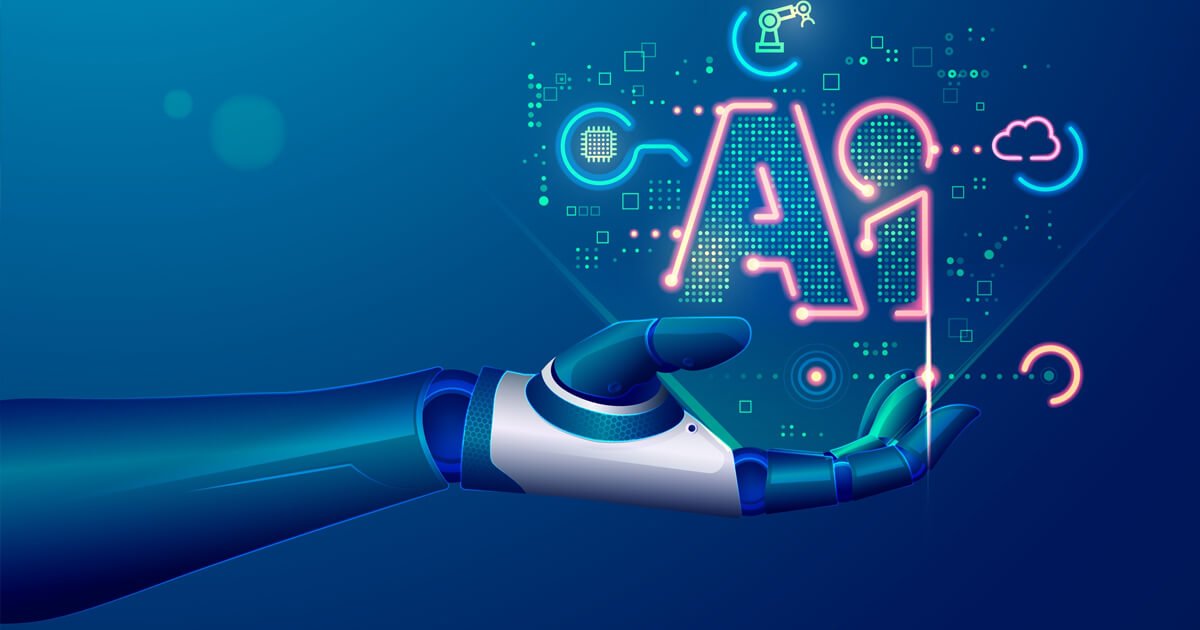The transportation industry stands on the brink of a revolution, and at the heart of this transformation is artificial intelligence (AI). From self-driving cars to smart traffic management systems, AI is poised to redefine how we move people and goods, making transportation safer, more efficient, and environmentally sustainable. As we look to the future, it’s clear that AI will play a pivotal role in shaping the next generation of transportation systems.
Autonomous Vehicles: The Future of Mobility
One of the most visible and transformative applications of AI in transportation is the development of autonomous vehicles. Self-driving cars, trucks, and even drones are no longer the stuff of science fiction—they are becoming a reality. Companies like Tesla, Waymo, and Uber are already testing and deploying AI-powered vehicles that can navigate complex environments with minimal human intervention.
AI enables these vehicles to process vast amounts of data from sensors, cameras, and radar systems in real-time, allowing them to make split-second decisions. This technology promises to reduce human error, which is responsible for the majority of accidents on the road. In the future, autonomous vehicles could lead to safer roads, reduced traffic congestion, and increased mobility for those who cannot drive, such as the elderly or disabled.
Smart Traffic Management Systems
Traffic congestion is a global problem, costing billions of dollars in lost productivity and contributing to environmental pollution. AI-powered traffic management systems are emerging as a solution to this challenge. By analyzing data from cameras, sensors, and GPS devices, AI can optimize traffic flow in real-time, adjusting traffic signals and rerouting vehicles to minimize delays.
For example, AI can predict traffic patterns based on historical data and current conditions, allowing cities to proactively manage congestion. In the future, these systems could be integrated with autonomous vehicles, creating a seamless network where vehicles and infrastructure communicate to ensure smooth and efficient transportation.
Predictive Maintenance for Vehicles and Infrastructure
AI is also transforming the way we maintain transportation infrastructure and vehicles. Predictive maintenance systems use AI algorithms to analyze data from sensors embedded in vehicles, trains, and infrastructure like bridges and roads. By identifying patterns and anomalies, these systems can predict when maintenance is needed before a breakdown occurs.
This approach not only reduces downtime and repair costs but also enhances safety by preventing accidents caused by equipment failure. For example, AI can monitor the condition of railway tracks or the structural integrity of a bridge, alerting authorities to potential issues before they become critical.
Enhanced Public Transportation
Public transportation systems are also set to benefit from AI. Smart algorithms can optimize routes and schedules based on passenger demand, weather conditions, and traffic patterns. AI-powered systems can also provide real-time updates to passengers, improving the overall user experience.
In addition, AI can enhance safety and security in public transportation. For instance, facial recognition technology can be used to identify suspicious behavior or individuals, while AI-powered surveillance systems can monitor for potential threats.
Sustainable Transportation Solutions
As the world grapples with climate change, AI is playing a key role in developing sustainable transportation solutions. AI can optimize fuel efficiency in vehicles, reduce emissions, and support the transition to electric and hybrid vehicles. For example, AI algorithms can analyze driving patterns and suggest ways to reduce fuel consumption.
Moreover, AI is enabling the development of smart grids that support the widespread adoption of electric vehicles (EVs). These grids can balance energy demand and supply, ensuring that EVs are charged efficiently without overloading the system.
Logistics and Supply Chain Optimization
The logistics industry is undergoing a transformation thanks to AI. From warehouse automation to route optimization for delivery trucks, AI is streamlining the movement of goods. AI-powered systems can analyze vast amounts of data to identify the most efficient routes, reducing delivery times and costs.
In the future, AI could enable fully autonomous delivery systems, including drones and self-driving trucks. These technologies have the potential to revolutionize last-mile delivery, making it faster and more cost-effective.
Challenges and Ethical Considerations
While the potential benefits of AI in transportation are immense, there are also challenges and ethical considerations that need to be addressed. Issues such as data privacy, cybersecurity, and the potential for job displacement must be carefully managed. Additionally, there is a need for robust regulations and standards to ensure the safe and ethical use of AI in transportation.
Conclusion
Artificial intelligence is set to transform the future of transportation in ways that were once unimaginable. From autonomous vehicles to smart traffic systems, AI is driving innovation and creating a more connected, efficient, and sustainable transportation ecosystem. As we embrace these advancements, it is crucial to address the challenges and ensure that the benefits of AI are accessible to all. The road ahead is exciting, and AI is steering us toward a brighter, smarter future in transportation.
